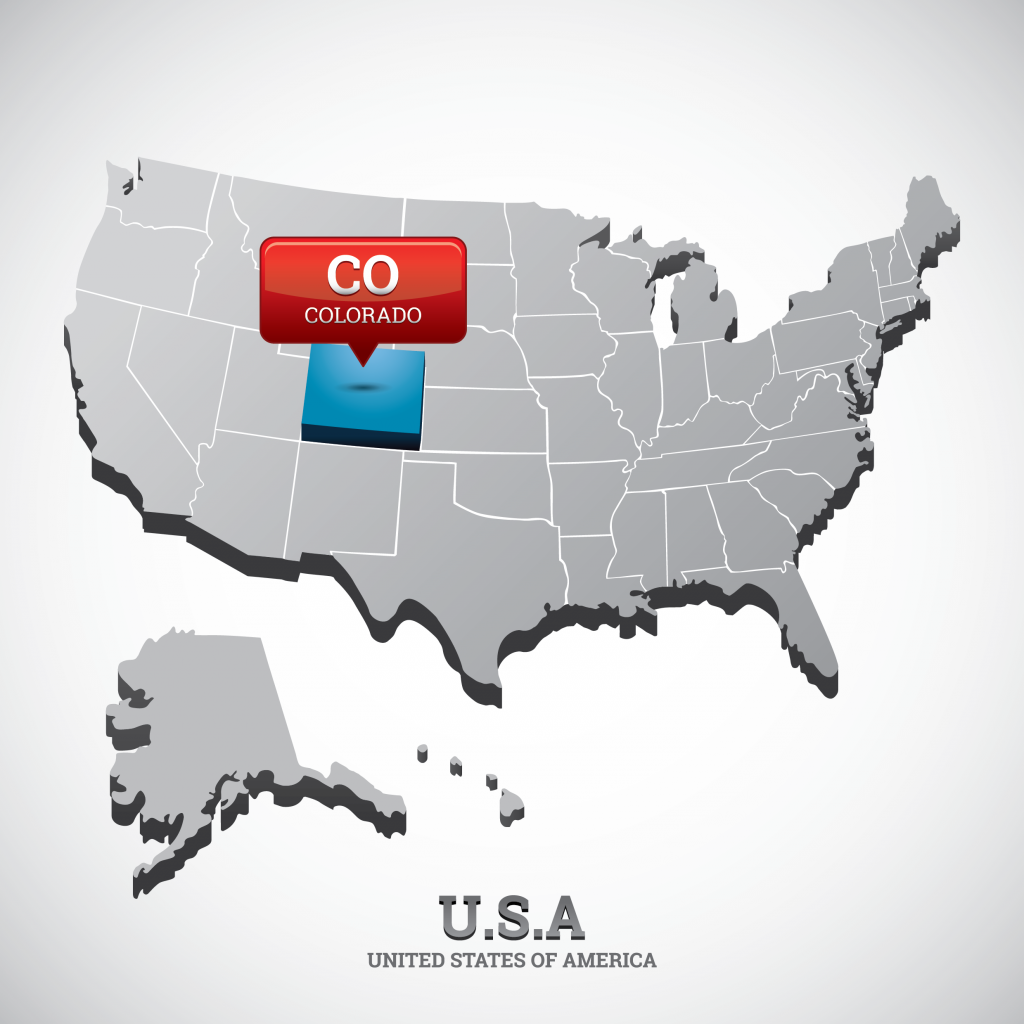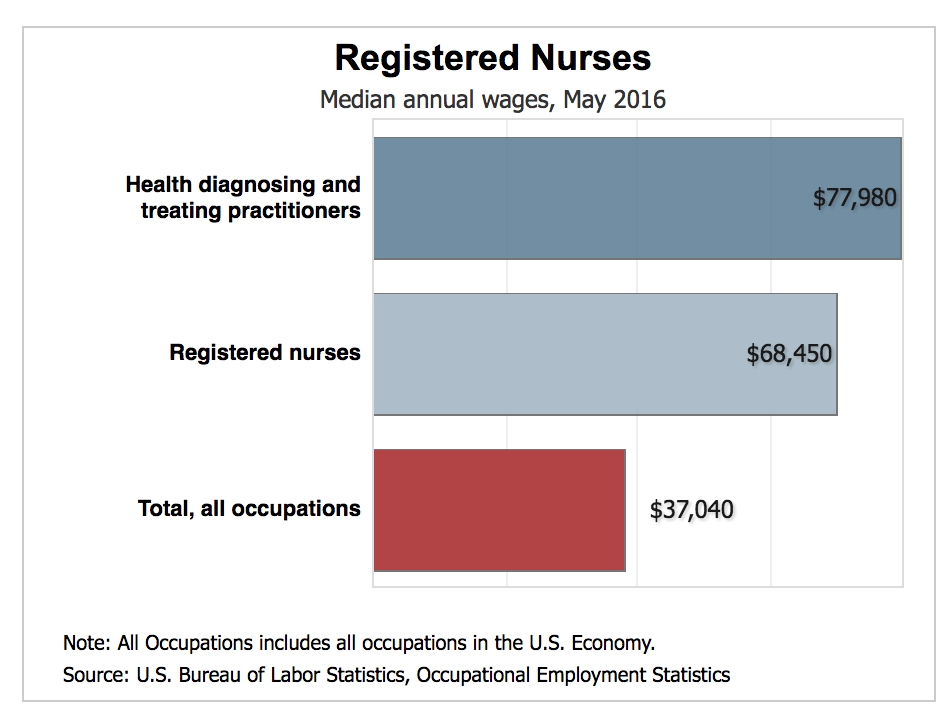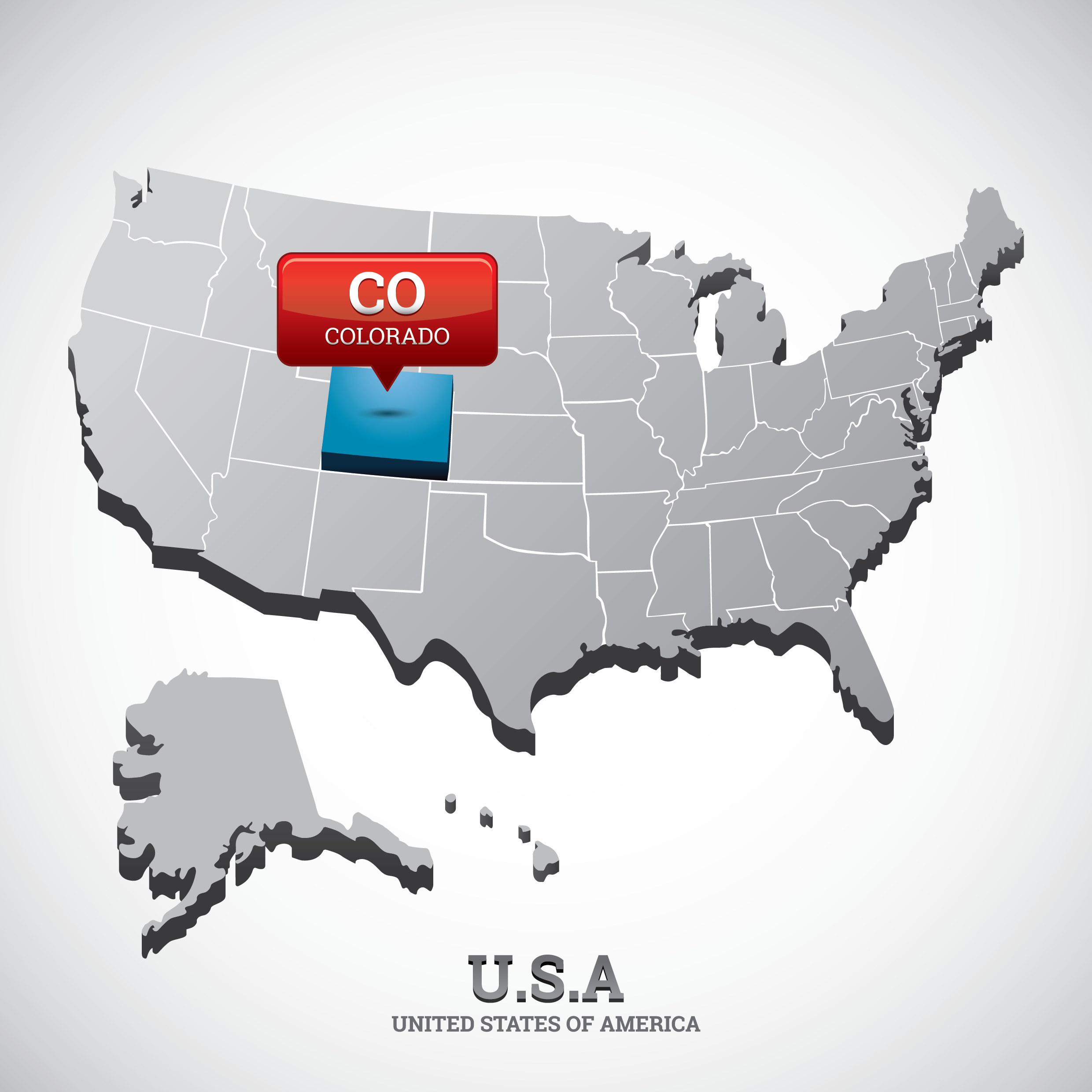Colorado Nursing

Colorado nursing information for RN to BSN education, nurse licensing, and job and salary outlook for nurses in Colorado. The RN to BSN degree programs are lifesavers – just like nurses. For licensed registered nurses who want to move up in their career, to higher pay and higher responsibilities, the BSN is the first step. In fact, if the Institutes of Medicine have their way, it will be a necessity – they’re calling for at least 80% of the nursing workforce to have a BSN by 2020. Distance learning is also an option, check out Colorado’s Best Online RN to BSN Programs listing.
The State of Nursing in Colorado
Incredibly, healthcare already accounts for more than 10% of Colorado’s workforce, and with 61,000 registered nurses, RN is the single largest occupation in the state; plus, Denver is one of the nation’s highest paying cities for nurses. With all healthcare and social services taken into account, it’s more than 250,000 workers, making more than $11 billion annually – a real shot in the arm of the economy. By Colorado Nursing Center statistics:
- 59% of CO nurses are employed by hospitals, 21% at healthcare facilities like doctor offices, clinics in the community, schools, and 6% at nursing and residential care facilities
- Public Health Nursing – 600 statewide nurses, 14 organized Health Depts across the state, and 39 County Nursing Services in Colorado
However, there are important gaps that need to be filled. According to the Colorado Nursing Center, Colorado is nearly 1800 nurses short of the national average nurse: population ratio and the state will need nearly 19,000 more nurses from 2008 to 2018. The shortage on the retirement end is staggering: nearly a third of registered nurses in Colorado is on the verge of retirement, and more than 40% of nurse educators – the faculty teaching the next generation of nurses.
There’s also an urgent need for rural nurses, to more effectively care for residents in Colorado’s more remote regions, and for more diversity in the pool of nurses, to ensure that minority residents are fully represented. To meet these two needs, the state has established an annual Diversity Summit to address diversity issues, as well as instituting financial aid for minority students. Colorado has also started a special initiative to offer fellowships for students planning to specialize in rural medicine.
Getting an RN to BSN Degree in Colorado
Today, there are 32-degree programs in Colorado that prepare students for the NCLEX exam to become licensed RNs. Most of these are at community colleges, and all are on-campus. Due to the need for hands-on clinical training, an associate’s degree in nursing takes 2-3 years.
There are fewer options for earning a BSN – only 15 Colorado colleges and universities offer the BSN. But there’s some good news for working nurses – 13 of those have a fully online RN to BSN program. In most cases, these will require a clinical component as well, but clinical experiences are taken close to home, without having to attend on-campus.
When you look for a BSN program, it’s essential to choose a program that has accreditation from the CCNE or the ACEN. These standards give a student the assurance that they’re getting the most current information from a reputable school.
10 Top Minority Nursing Scholarships
Critical Updates for Colorado Nursing Students
Colorado has now joined the Enhanced Nurse Licensure Compact (eNLC), a nationwide program from the National Council of State Boards of Nursing (NCSBN). Under the eNLC, Colorado nurses can practice in any other eNLC state without having to have a state-specific license. As of January 2018, the eNLC includes:
- Colorado
- Florida
- Georgia
- New Mexico
- Oklahoma
- Rhode Island
- West Virginia
- Wisconsin
- Wyoming
Resources for Colorado Nursing Students
- Most Recent Board of Nursing Policies
- CO DORA — Colorado Department of Regulatory Agencies
- Most Recent BON Rules

Related:






